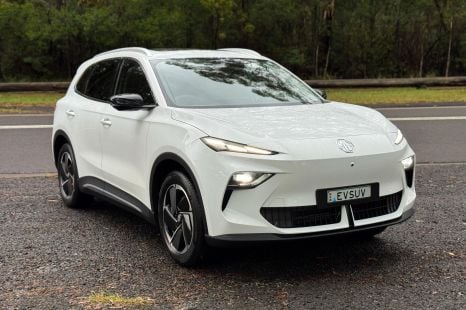

Matt Campbell
6 Days Ago

News Editor
Porsche previously said it expected electric vehicles (EVs) to account for more than 80 per cent of its sales by 2030, but now it has put a big asterisk next to that target.
“The transition to electric cars is taking longer than we thought five years ago,” the company said in a statement to Reuters.
“Our product strategy is set up such that we could deliver over 80 per cent of our vehicles as all electric in 2030 – dependent on customer demand and the development of electromobility.”
That gives it a bit of wriggle room, particularly as demand of electric vehicles – especially high-end ones – softens in markets like Europe.
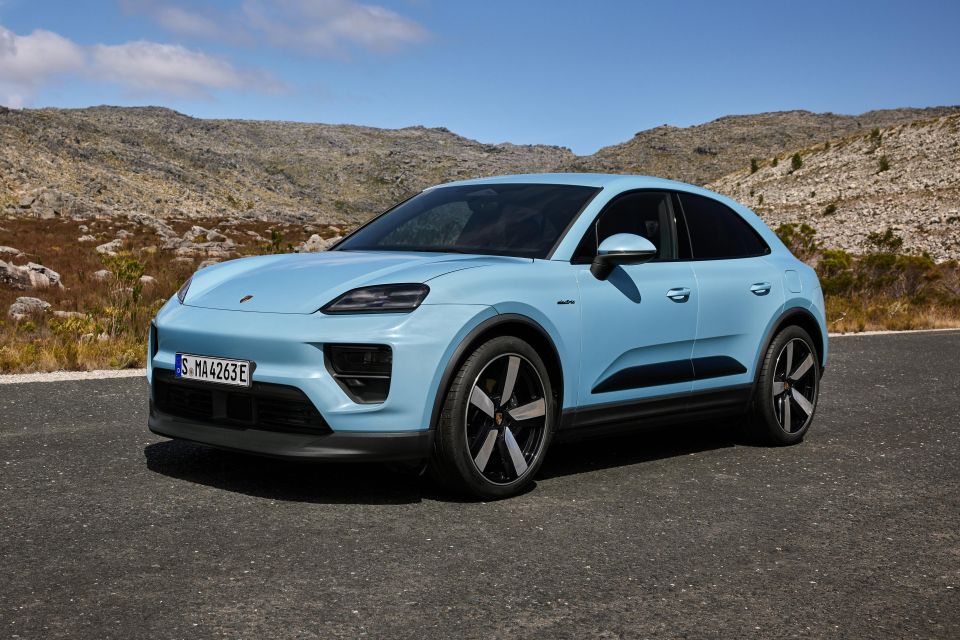
In effect, Porsche is saying it will still be able to produce enough EVs in 2030 to meet that previously stated goal, but demand for its vehicles that use an internal combustion engine may still be strong by this point.
“Our double strategy is more important than ever,” the company told Reuters, citing strong EV demand in China but weaker demand in Europe and the US.
Porsche currently offers the electric Taycan, with a new, electric-only Macan replacing the old petrol-powered model.
On the combustion side of the equation, it has the Cayenne and Panamera which can both be had with plug-in hybrid power, plus the 911 and 718 sports cars.
The latter is being replaced by a new electric sports car.
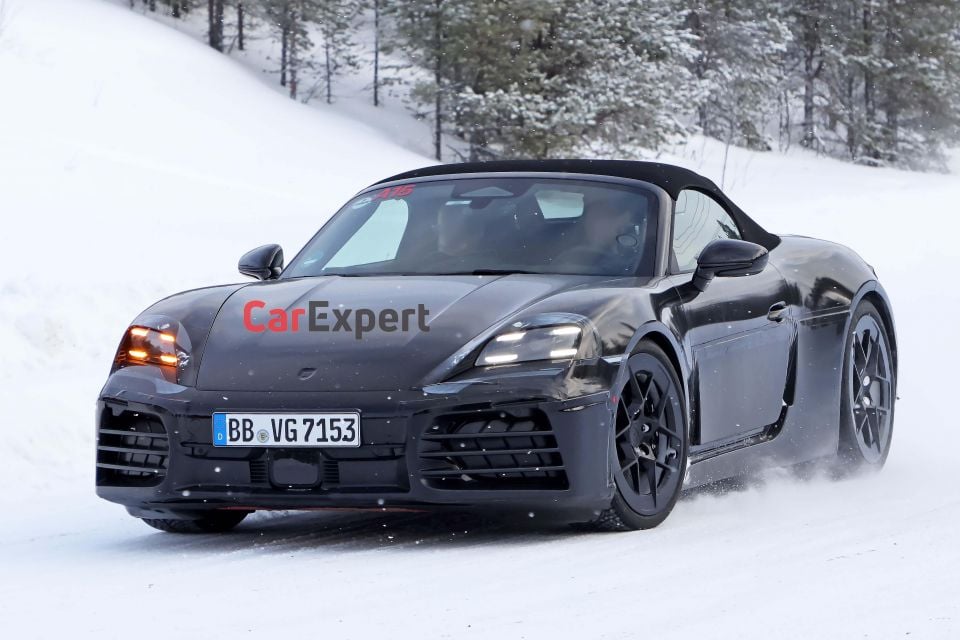
But demand for the electric Taycan has reportedly dropped, with German newspaper Stuttgarter Nachrichten reporting the Zuffenhausen plant where it’s built will be moved from a two-shift to a single-shift production schedule.
In the Taycan’s first full global year on sale in 2021, Porsche sold 41,296 examples of its luxury EV, the model’s highest annual sales to date.
While a 16 per cent dip to 34,801 sales in 2022 was attributed to “supply chain bottlenecks and limited component availability”, Porsche bounced back to sell 40,629 Taycans in 2023 amidst a generally strong year for the German marque.
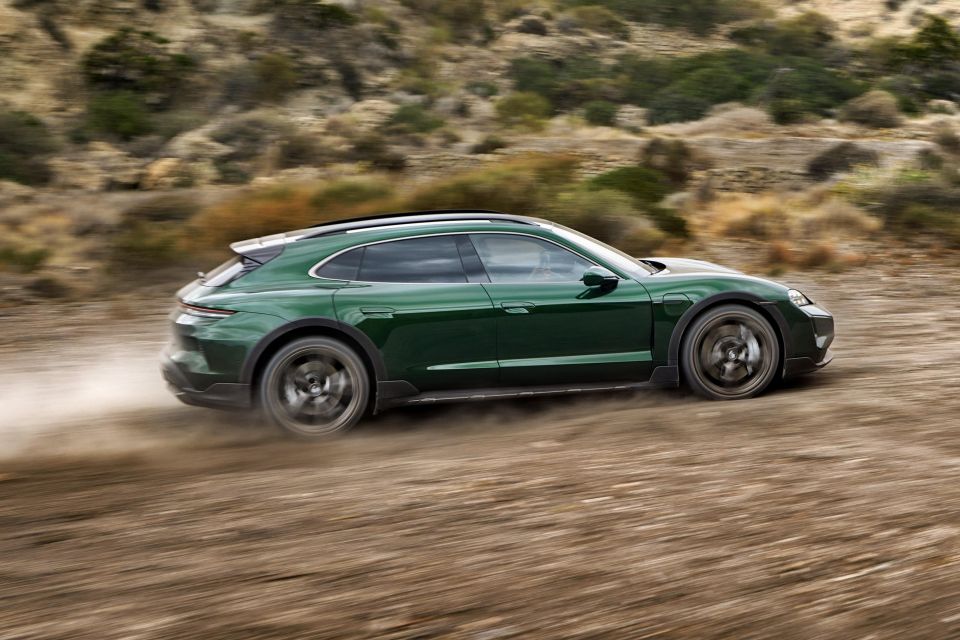
European sales dropped in the first quarter of this year, however Porsche was in the midst of a transition to an updated model.
The Taycan has also been a popular choice since it hit the Australian market in 2021, with 531 examples sold in its first year here, dropping slightly to 430 sales in 2022 and rebounding to a peak of 535 sales in 2023.
However, from January to June this year, Porsche has sold just 163 Taycans – down 33.7 per cent on the same period last year.
Porsche isn’t the only brand to weaken its EV goals.
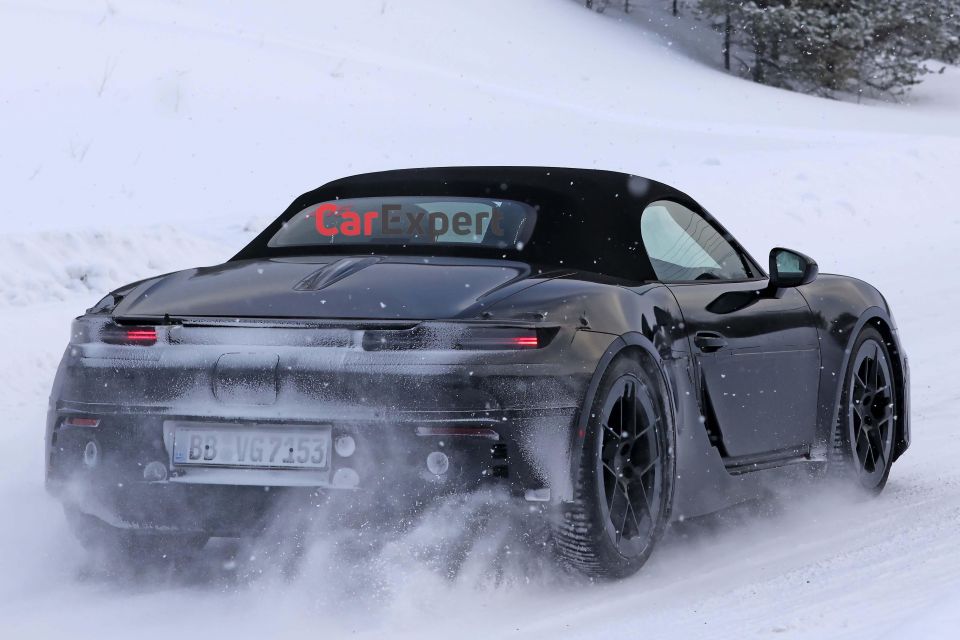
Mercedes-Benz earlier this year announced it would delay its target for EVs to account for 50 per cent of its global vehicle sales from 2025 to 2030, while also bundling plug-in hybrids within that same target.
Ford had committed to going electric-only in Europe in 2030, but this week Marin Gjaja, chief operating officer of Ford’s Model e EV division, said this goal was “too ambitious”.
“I think customers have voted, and they told us that was too ambitious, is what I would say – and I think everyone in the industry has found that out the hard way,” Mr Gjaja told Autocar.
“I would also say reality has a way of making you adjust your plans.”
Take advantage of Australia's BIGGEST new car website to find a great deal on a Porsche.
William Stopford is an automotive journalist based in Brisbane, Australia. William is a Business/Journalism graduate from the Queensland University of Technology who loves to travel, briefly lived in the US, and has a particular interest in the American car industry.


Matt Campbell
6 Days Ago
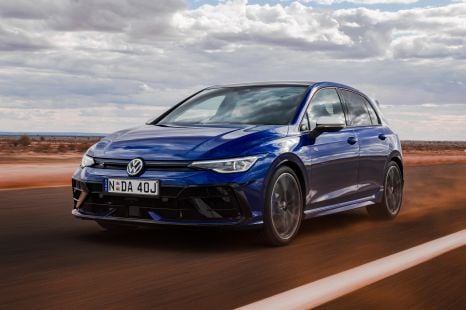

James Wong
4 Days Ago
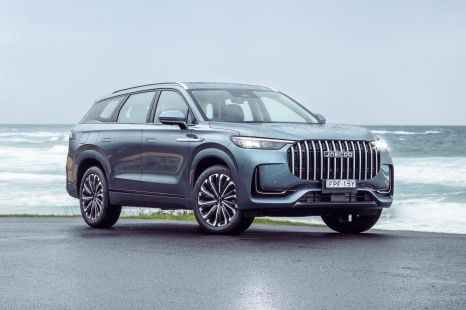

William Stopford
3 Days Ago
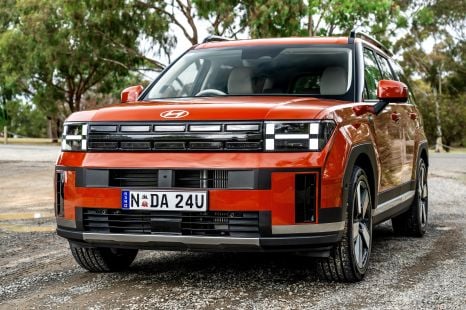

Max Davies
3 Days Ago
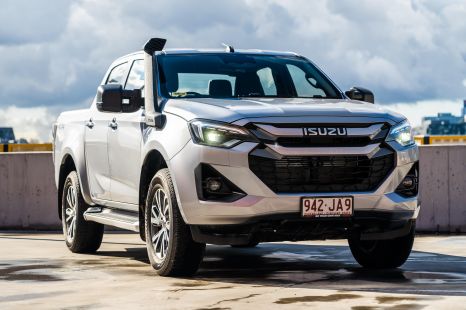

Max Davies
2 Days Ago
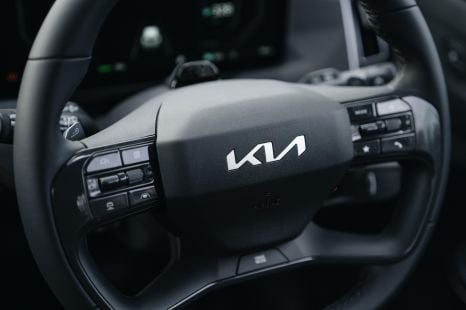

James Wong
19 Hours Ago